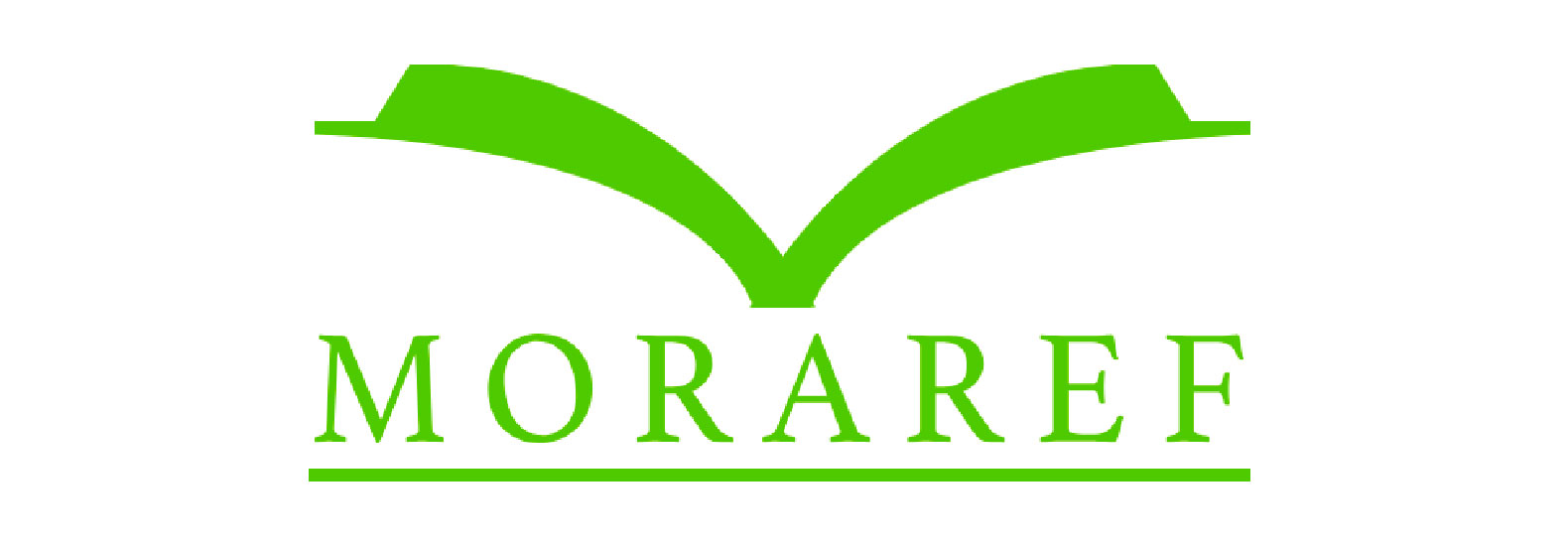The Influence of Knowledge, Religiosity, Reputation, Business Actors' Income, Gender, and Trust on the Obligation to Pay Zakat in Jember
DOI:
https://doi.org/10.30993/jicab.v2i2.448Keywords:
Transparency, Zakat, Accountability, Baznas, LumajangAbstract
The objective of this study is to analyze the effect of each dependent variable on the independent ones and the overall influence of knowledge, religiosity, reputation, income, gender, and trust on the obligation to pay zakat. The method used in this research is quantitative, employing an explanatory research approach. The sampling technique applied is non-probability sampling, with a sample size of 140 respondents from three sub-districts in Jember Regency: Sumbersari, Kaliwates, and Patrang. The analysis technique used is multiple regression. The results of this study indicate that, partially, knowledge, religiosity, reputation, income, and trust have a positive effect on the obligation to pay zakat, whereas gender has a negative effect on zakat payment.
Downloads
Published
Issue
Section
License
Copyright (c) 2024 The Influence of Knowledge, Religiosity, Reputation, Business Actors' Income, Gender, and Trust on the Obligation to Pay Zakat in Jember © 2024 by Syarifah Aini is licensed under CC BY-NC 4.0

This work is licensed under a Creative Commons Attribution-NonCommercial 4.0 International License.
Journal of Islamic Contemporary Accounting and Business © 2023 by Tazkia Islamic University College is licensed under CC BY-NC 4.0
Authors who publish with this journal agree to the following terms:
- Authors retain copyright and grant the journal right of first publication with the work simultaneously licensed under a Creative Commons Attribution License that allows others to share the work with an acknowledgment of the work's authorship and initial publication in this journal.
- Authors are able to enter into separate, additional contractual arrangements for the non-exclusive distribution of the journal's published version of the work (e.g., post it to an institutional repository or publish it in a book), with an acknowledgment of its initial publication in this journal.
- Authors are permitted and encouraged to post their work online (e.g., in institutional repositories or on their website), as it can lead to productive exchanges, as well as earlier and greater citation of published work (See the Effect of Open Access).












